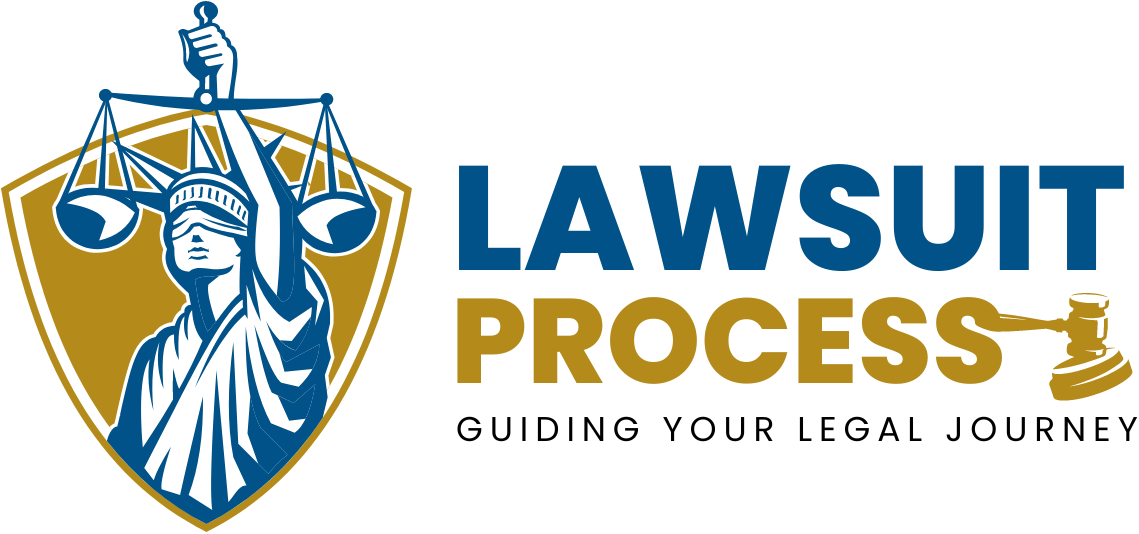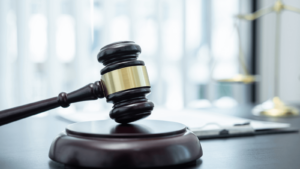Discovery in a lawsuit is a pivotal phase in the legal process where parties involved in a lawsuit exchange information, evidence, and documentation relevant to the case. It serves as a foundation for building each side’s argument, uncovering facts, and promoting fairness in the judicial process. Understanding discovery is essential for both plaintiffs and defendants, as it significantly influences the case’s outcome.
The Purpose of Discovery in a Lawsuit
The primary goal of discovery is to ensure transparency and to provide both parties with the necessary tools to:
- Gather and evaluate evidence.
- Identify witnesses and their potential testimony.
- Assess the strengths and weaknesses of each side’s case.
- Narrow the issues in dispute to streamline the trial process.
By facilitating a thorough exchange of information, discovery helps avoid surprises during trial and often encourages parties to resolve disputes through settlement.
The Discovery Process and Tools
Discovery is governed by specific rules, such as the Federal Rules of Civil Procedure for federal cases or state-specific procedural rules for cases in state courts. The tools used during discovery include:
1. Depositions
Depositions involve oral questioning of a witness or a party under oath. These sessions are usually conducted outside the courtroom and are recorded by a court reporter. Depositions allow attorneys to:
- Gather first-hand information.
- Assess the credibility of witnesses.
- Obtain testimony that can be used during the trial if a witness becomes unavailable.
2. Interrogatories
Interrogatories are written questions that a party must answer under oath. These questions are designed to:
- Clarify facts and allegations.
- Obtain details about the opposing party’s claims or defenses.
3. Requests for Production of Documents
This tool allows a party to request relevant documents, records, or other tangible evidence from the opposing party. Examples include:
- Contracts, emails, and correspondence.
- Financial records.
- Medical reports or photographs.
4. Requests for Admissions
Requests for admissions ask a party to admit or deny specific statements under oath. This tool simplifies the trial process by establishing certain facts as undisputed.
5. Physical or Mental Examinations
In cases where a party’s physical or mental condition is in dispute, the court may order an examination. This is common in personal injury or disability claims.
The Scope of Discovery in a Lawsuit
The scope of discovery is generally broad, encompassing any information relevant to a claim or defense. However, it does have limitations:
- Relevance: Only information pertinent to the case is subject to discovery.
- Privileged Communications: Certain communications, such as those between attorney and client, are protected.
- Undue Burden or Harassment: Courts may limit discovery requests that are excessively burdensome or meant to harass the opposing party.
Challenges and Disputes in Discovery
Discovery is not without challenges. Common disputes include:
- Objections to Relevance: Parties may argue that certain requests are not relevant to the case.
- Overly Broad Requests: One side may request an excessive amount of information, leading to objections.
- Failure to Comply: A party’s refusal or inability to provide requested information can result in motions to compel or sanctions from the court.
The Importance of Discovery in a Lawsuits
Discovery plays a crucial role in shaping the trajectory of a lawsuit. Its benefits include:
- Transparency: Ensures both parties are fully informed about the facts and evidence.
- Preparation for Trial: Allows attorneys to craft effective strategies and anticipate opposing arguments.
- Encouragement of Settlements: Evidence exchanged during discovery often prompts parties to settle disputes out of court, saving time and resources.
- Efficiency: By narrowing the issues, discovery helps streamline the trial process.
Key Takeaway of Discovery in a Lawsuit
Discovery is an indispensable part of the legal process, ensuring that both sides have access to the information necessary to argue their case effectively. Whether you are a plaintiff or a defendant, understanding the tools and purpose of discovery can help you navigate your lawsuit with confidence. Working with a skilled attorney is crucial during this phase to ensure compliance with procedural rules and to protect your rights while preparing a compelling case.
Here are the key points to remember:
- Purpose: Discovery gathers evidence, identifies witnesses, and narrows the issues in dispute to streamline the trial.
- Tools:
- Depositions: Oral questioning under oath.
- Interrogatories: Written questions answered under oath.
- Requests for Production: Access to documents, records, and tangible evidence.
- Requests for Admissions: Simplifies the trial by establishing undisputed facts.
- Physical or Mental Examinations: Ordered by the court when relevant.
- Scope: Broad but limited to relevant, non-privileged information, and not overly burdensome.
- Challenges: Includes objections to relevance, overly broad requests, or non-compliance.
- Importance: Facilitates transparency, encourages settlements, prepares parties for trial, and ensures efficiency.
Understanding discovery in a lawsuit equips plaintiffs and defendants to navigate their cases with confidence, paving the way for fair outcomes.










